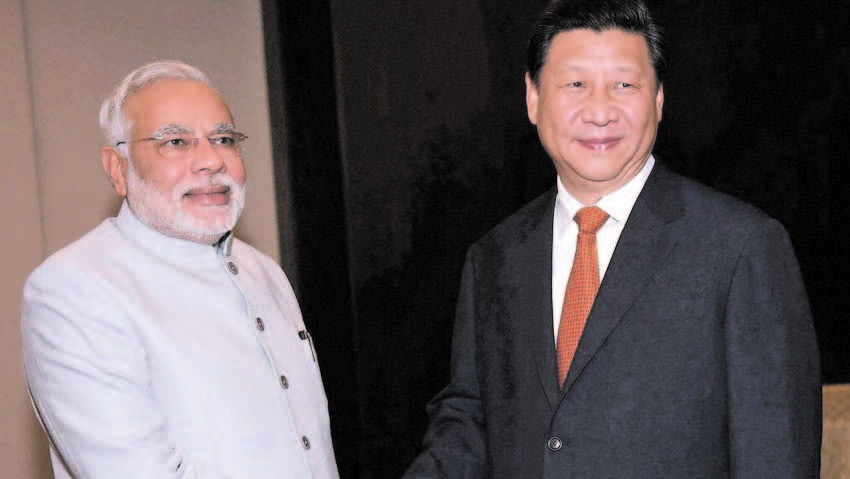
UPPER DOLPA(Nepal) (TIP):The clansmen and monks of the mystical land of Upper Dolpa first gathered eight centuries ago to pray, feast, fight over property and vie for the title of fastest horseman in the Himalayas. They have met every 12 years since in the Tibetan Year of the Dragon for a festival in modern-day Nepal centred around the world’s highest horse race, although these days they ride for honour rather than land. Around 50 cavaliers who have come from tiny villages dotted all over the Himalayas prepare to run the perilous course, a narrow strip of rocky river bed 4,300m (14,107 ft) above sea level in the rarified air of the world’s tallest mountain range. A horn signals the start and men in silk head dresses, leather coats lined with yak fur, golden chains and icons of the gods of animistic folk religions swinging from their necks gallop away on their ornately adorned ponies.
Thousands of monks and other devotees who have walked for days to the Shey Dragon Festival roar on their favourites and wave the flags of their gurus. The eight furlong (1.6 kilometre) course is essentially a ravine studded with boulders, ditches and a not inconsiderable stream of treacherously cold water. It is not long before the riders succumb to the hazardous terrain. After the half-way turn three of the runners lose their balance, stumbling on the rocks along the jagged bed of the stream before a pile-up takes out another five near the end. One horse tumbles to an almighty splash after clattering into a felled co-competitor, braying loudly as if to let the crowd know straight from the horse’s mouth how unpleasant the icy stream feels. The winner, by a clear distance, is a 23-year-old farmer named Tenzin Gurung from the neighbouring former kingdom of Mustang, whose mount, a chestnut brown Tibetan pony called Tika, has ridden the race of her life. The organisers consider the idea of gambling and big cash awards somewhat “un-Buddhist” but Gurung’s prize is to run Tika in a meadow dotted with around half a dozen 1,000-rupee notes ($11.50), provided by the organisers.



Be the first to comment